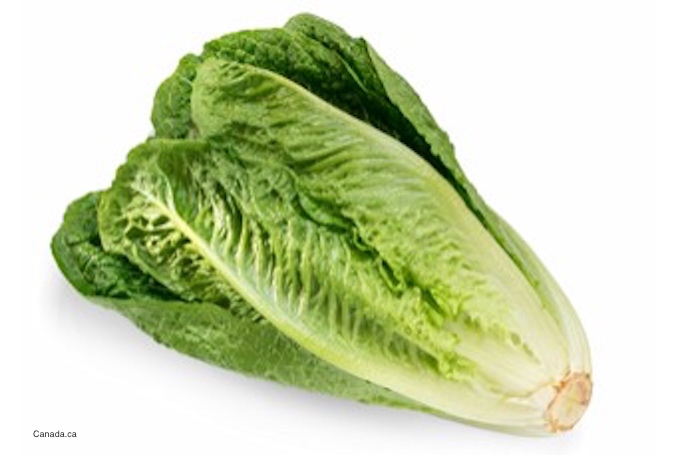The deadly E. coli O157:H7 HUS outbreak that was linked to leafy greens is over, according to the CDC. The FDA has announced information about its investigation into this multistate outbreak.

The last person to report an illness to public health officials got sick on December 12, 2017. That indicates that the food that was causing this illness is not longer available in consumers’ homes or in the marketplace. Officials think that leafy greens caused this outbreak. That product has a relatively short shelf life.
The FDA is still investigating this outbreak, since officials did not determine a specific product, where the product was sold, or who produced the product that caused this outbreak. No common link between patients has been identified, although leafy greens seem to be the likely source. Whole genome sequencing showed that the strain of E. coli O157:H7 bacteria that caused the illness was closely related genetically to the strain that caused illnesses in Canada. That outbreak in that country was linked to romaine lettuce.
The case count by state in this E. coli O157:H7 HUS outbreak was: California (4), Connecticut (2), Illinois (1), Indiana (2), Maryland (3), Michigan (1), Nebraska (1), New Hampshire (2), New Jersey (1), New York (2), Ohio (1), Pennsylvania (2), Vermont (1), Virginia (1), and Washington (1). Illness onset dates were between No ember 5 and December 12, 2017. Among the 21 ill persons who were identified, nine were hospitalized, two developed hemolytic uremic syndrome (HUS), and one person in California died.
The FDA’s role in outbreaks is to conduct traceback investigations, to try to discover the original source of the contamination and the distribution chain. Determining the source and route of contamination can help prevent outbreaks in the future.
Anyone, at any age, can get sick when they ingest this pathogenic bacteria. Restaurant workers need to take steps to reduce or eliminate cross-contamination between foods that may contain pathogenic bacteria and kitchen surfaces and other foods. Leafy greens are considered a food that requires time and temperature control for safety. They should be refrigerated at 41°F or colder.
Consumers should practice safe food handling and preparation methods. Always wash your hands before and during food preparation, and wash utensils and surfaces with hot, soapy water before and after food is prepared. Refrigerators, cutting boards, and countertops should be sanitized with a mild bleach solution, especially after those items come into contact with potentially hazardous foods.




